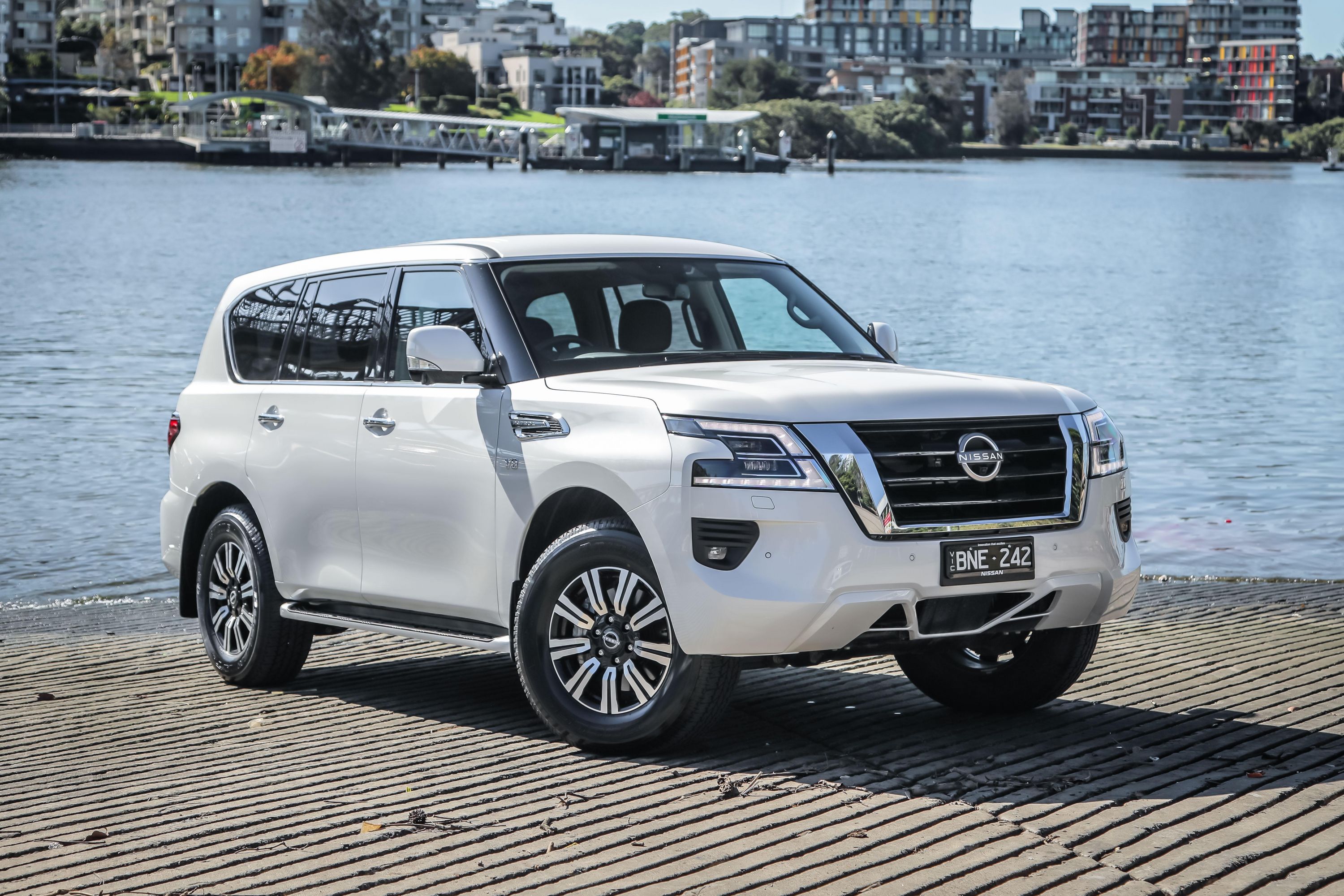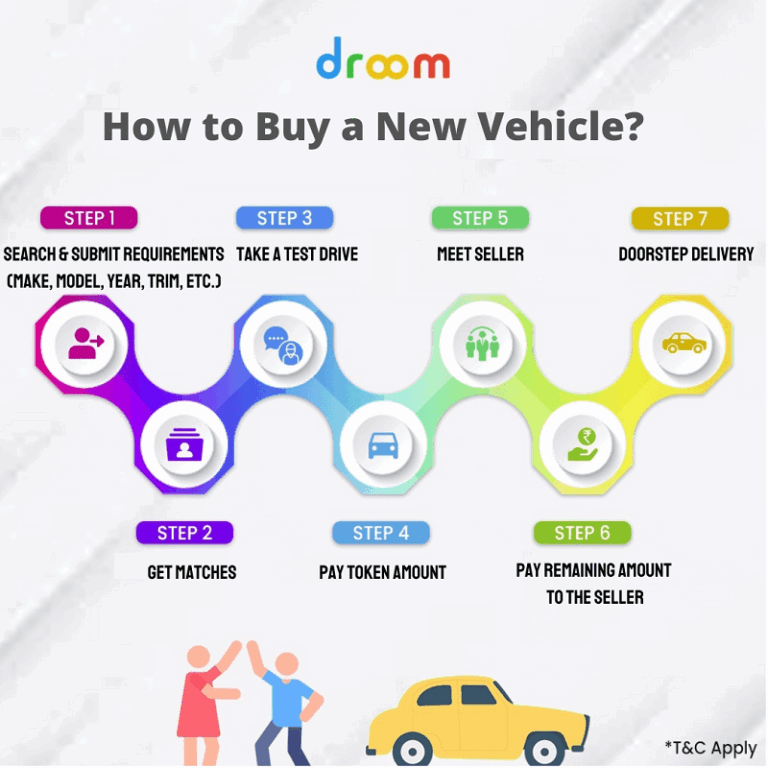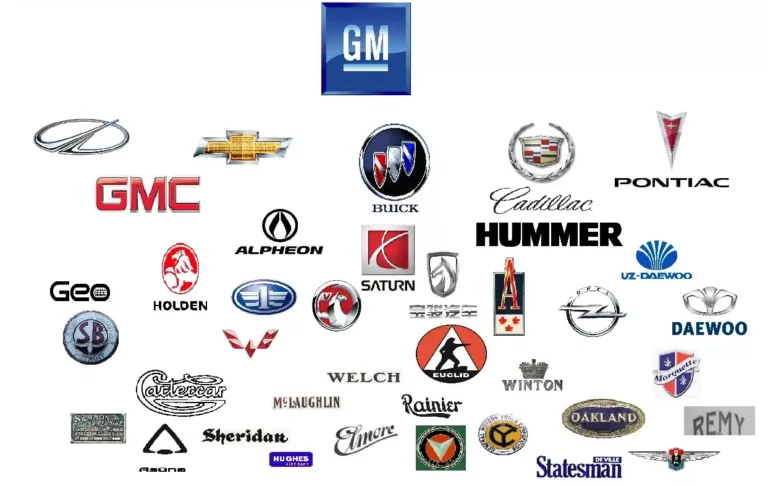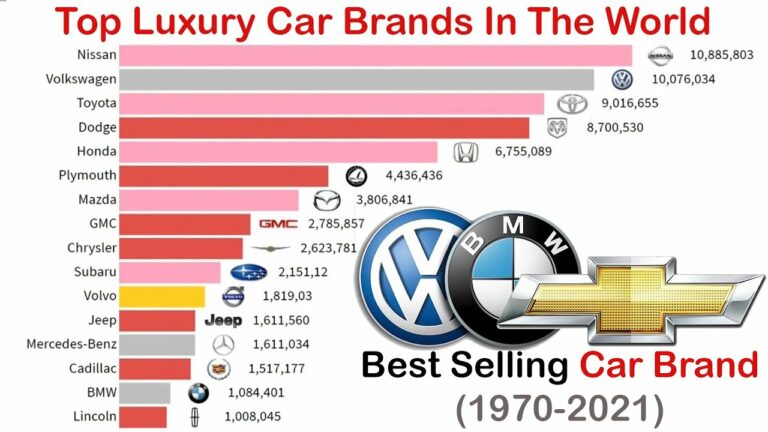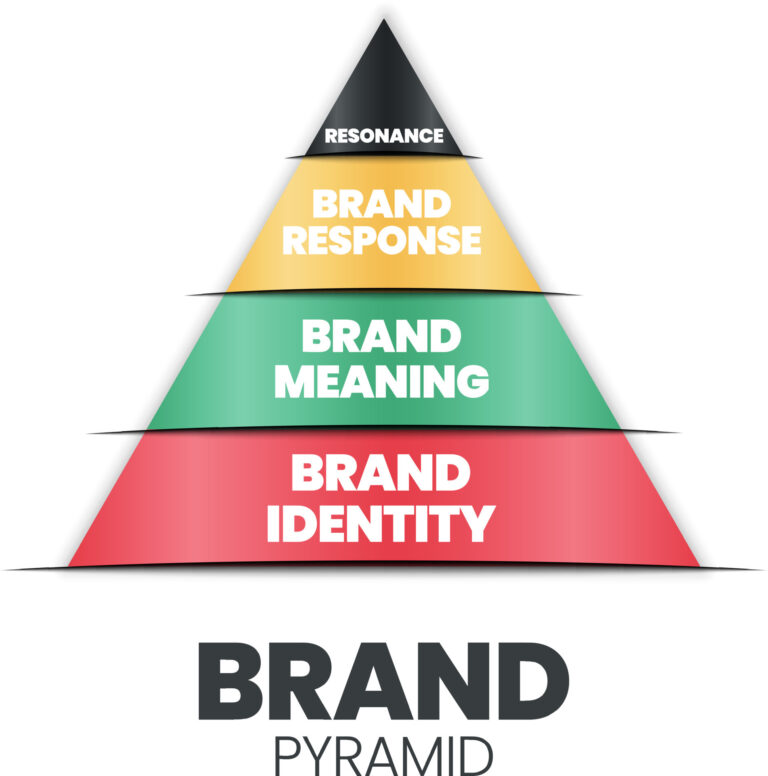Is Nissan A Good Car Brand? A Comprehensive Evaluation
Is Nissan A Good Car Brand? A Comprehensive Evaluation cars.truckstrend.com
The question, "Is Nissan a good car brand?" is a common one for prospective car buyers, and for good reason. In the vast and competitive automotive landscape, discerning the true value, reliability, and overall quality of a brand like Nissan requires a deeper dive than a simple yes or no. A "good" car brand is a complex definition, encompassing everything from enduring reliability and cutting-edge safety features to driving performance, affordability, and future-forward innovation.
Nissan, a global automotive giant with a rich history stretching back to 1933, has experienced its share of highs and lows. From its reputation for building durable, no-nonsense vehicles to pioneering electric mobility with the Leaf, and navigating challenges related to certain powertrain technologies, Nissan’s journey has been dynamic. This comprehensive guide aims to provide a balanced and detailed assessment of Nissan, helping you understand its strengths, weaknesses, and where it stands in today’s market.
Is Nissan A Good Car Brand? A Comprehensive Evaluation
Understanding Nissan’s Foundation: Reliability and Durability
Reliability is often the cornerstone of a "good" car brand. For many years, Nissan cultivated a reputation for building robust and long-lasting vehicles, particularly known for its durable engines like the VQ V6 series, which has powered various models from the Maxima to the Z sports car.
However, in recent years, Nissan’s reliability perception has faced scrutiny, primarily due to its widespread adoption of Continuously Variable Transmissions (CVTs) manufactured by Jatco. While CVTs offer benefits like improved fuel economy and smoother acceleration in certain conditions, early generations, particularly those found in models from the late 2000s to mid-2010s (e.g., Altima, Rogue, Sentra), were plagued by issues such as premature failure, shuddering, and overheating. Nissan has since made significant strides in improving the design and durability of its CVTs, and newer models generally show better performance and reliability. Many of these transmissions are now backed by extended warranties in certain regions, reflecting Nissan’s efforts to address past concerns.
Beyond the CVT, general component reliability in Nissan vehicles is often rated as average by independent consumer organizations like J.D. Power and Consumer Reports. While not always at the top of reliability charts, Nissan typically performs adequately, with most other components showing acceptable durability. Regular maintenance, as with any vehicle, is crucial for extending the life and ensuring the reliability of a Nissan.
Performance and Driving Experience Across the Lineup
Nissan offers a diverse range of vehicles, from economical sedans and versatile SUVs to rugged trucks and exhilarating sports cars. This breadth means the "driving experience" varies significantly across the lineup.
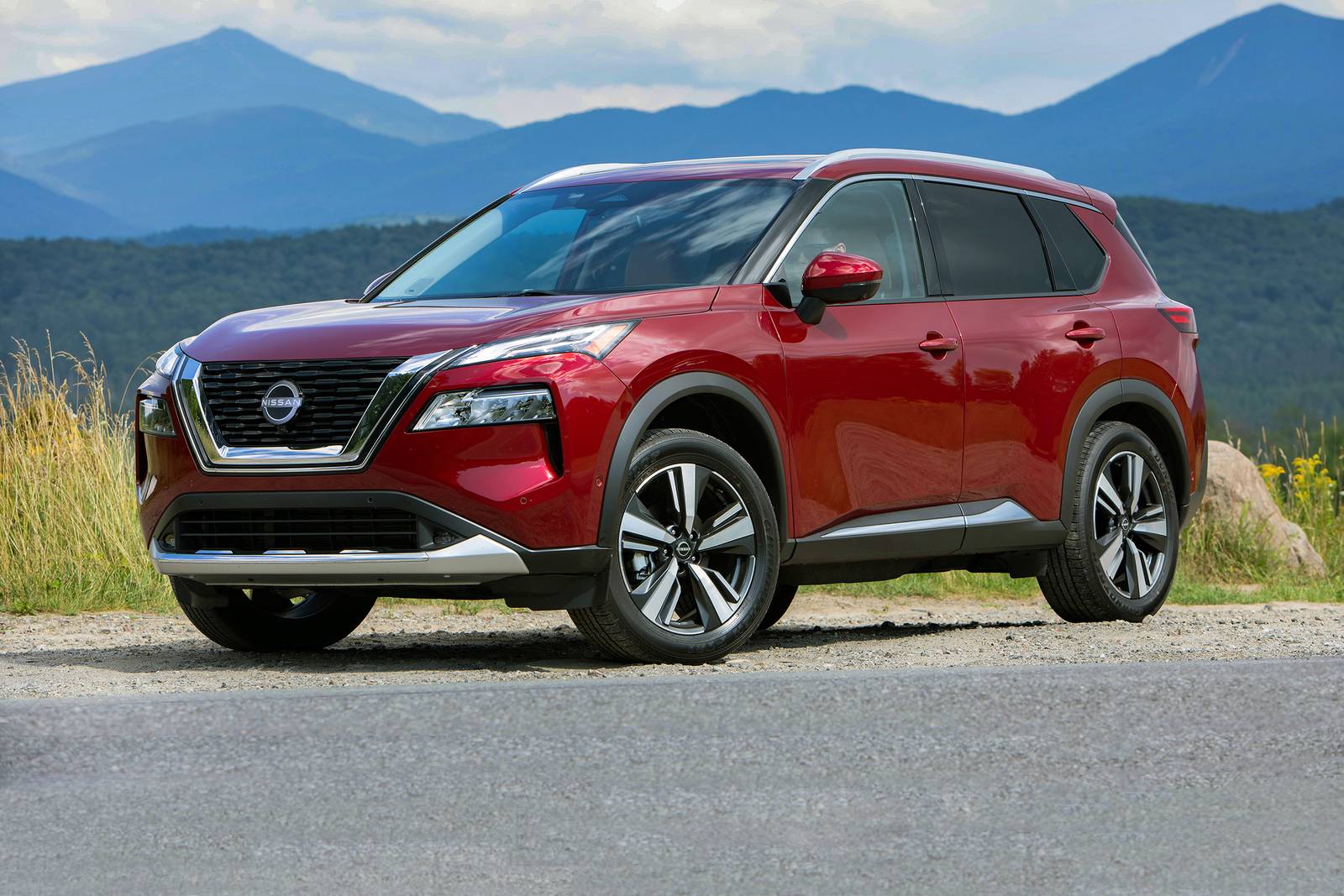
- Sedans (Versa, Sentra, Altima, Maxima): These models prioritize comfort, fuel efficiency, and practicality. The Versa and Sentra are budget-friendly commuters, while the Altima offers a comfortable mid-size option, often with available AWD. The Maxima, often dubbed a "4-door sports car," provides a more powerful V6 engine and a slightly more engaging ride. The CVT in these models aims for smooth, linear acceleration, though some drivers might find it less engaging than traditional automatic transmissions during spirited driving.
- SUVs (Kicks, Rogue, Murano, Pathfinder, Armada): Nissan’s SUV lineup is a strong point. The Kicks is a compact, stylish crossover, while the Rogue is a popular compact SUV known for its comfortable ride, family-friendly features, and fuel efficiency. The Murano offers a more premium, two-row crossover experience. The Pathfinder provides three rows of seating and more robust capabilities, while the full-size Armada is a traditional body-on-frame SUV, offering significant towing capacity and interior space. Driving dynamics across the SUV range lean towards comfort and utility rather than sporty handling.
- Trucks (Frontier, Titan): Nissan’s pickup trucks, the mid-size Frontier and full-size Titan, are known for their durability and capability. The Frontier, recently redesigned, offers a powerful V6 engine and a more modern interior, appealing to those seeking a versatile and capable truck. The Titan, while not a sales leader, provides a strong V8 engine and a comfortable ride.
- Sports Cars (Z): The Nissan Z (and its predecessor, the 370Z) is a dedicated sports car, offering a powerful twin-turbo V6 engine, rear-wheel drive, and a focus on driving engagement. It stands out as Nissan’s performance halo.
- Electric Vehicles (Leaf, Ariya): Nissan was a pioneer with the Leaf, one of the first mass-market EVs. The new Ariya represents Nissan’s next generation of EVs, boasting a sleek design, advanced technology, and competitive range, offering a quiet, smooth, and instant-torque driving experience.
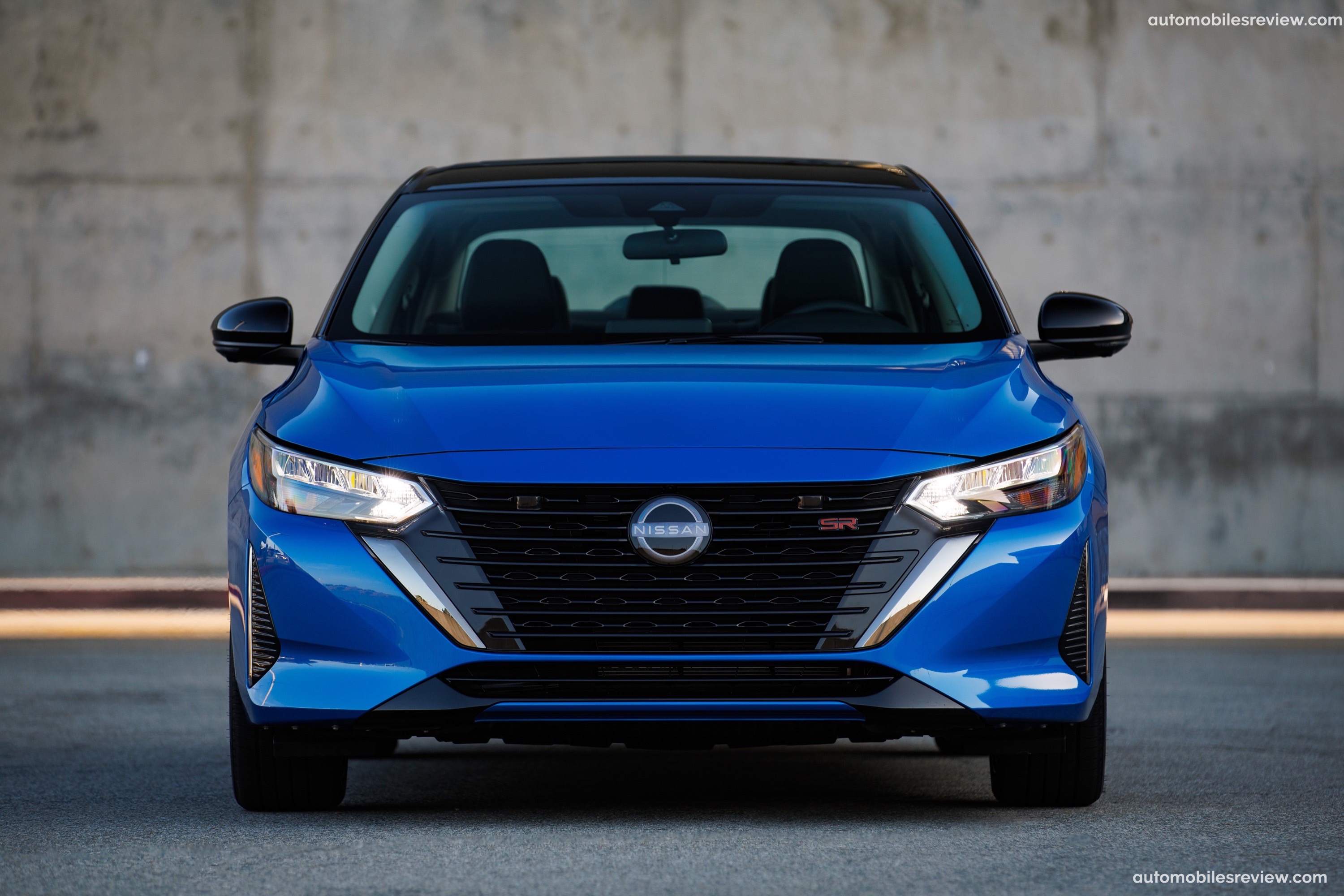
Overall, Nissan vehicles generally offer a comfortable and predictable driving experience, often with well-tuned suspensions that absorb road imperfections effectively. While not always the most dynamic, they are typically user-friendly and suitable for daily commuting and family travel.
Safety Features and Cutting-Edge Technology
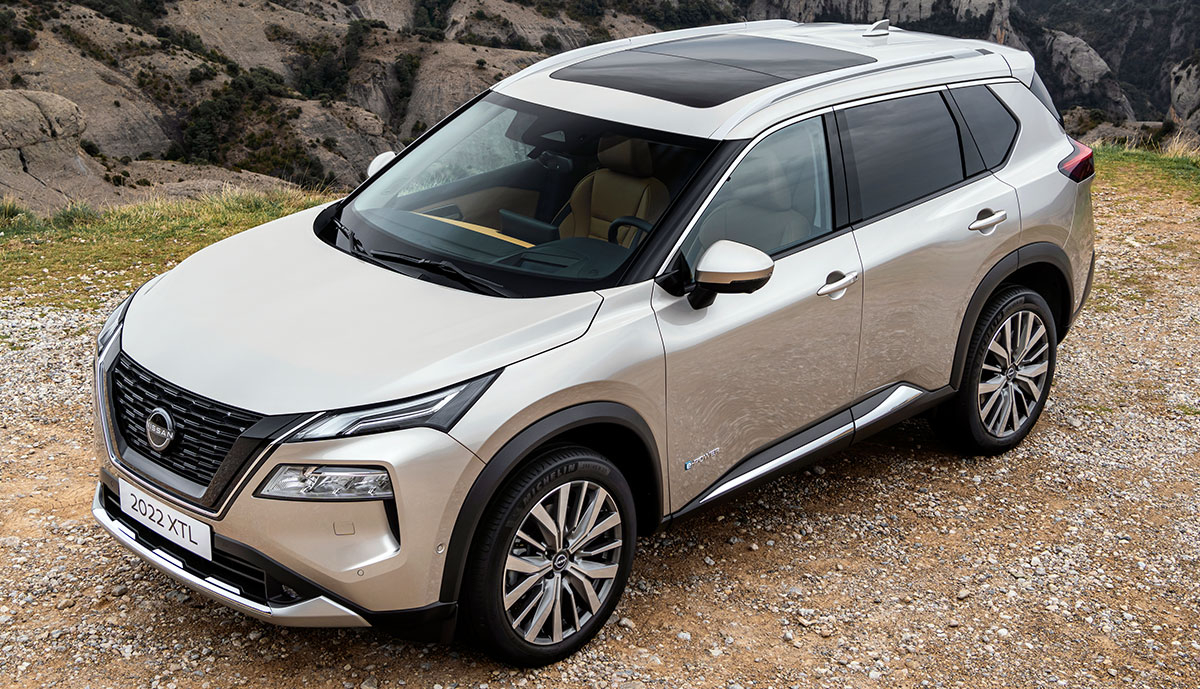
Nissan has made significant strides in equipping its vehicles with advanced safety and driver-assistance technologies. Its suite of features, known as Nissan Safety Shield 360, is standard or available on most models and includes:
- Automatic Emergency Braking with Pedestrian Detection: Helps avoid or mitigate frontal collisions.
- Blind Spot Warning: Alerts drivers to vehicles in their blind spots.
- Rear Cross Traffic Alert: Warns of approaching vehicles when backing out of a parking space.
- Lane Departure Warning: Notifies the driver if the vehicle drifts out of its lane without signaling.
- High Beam Assist: Automatically switches between high and low beams.
- Rear Automatic Braking: Can automatically apply the brakes to prevent a collision when backing up.
Many Nissan models consistently earn high safety ratings from organizations like the National Highway Traffic Safety Administration (NHTSA) and the Insurance Institute for Highway Safety (IIHS), with several models achieving "Top Safety Pick" awards.
Beyond passive and active safety, Nissan also offers ProPILOT Assist, an advanced driver-assistance system that combines adaptive cruise control with steering assist to help maintain vehicle speed, keep a set distance from the car ahead, and stay centered in its lane on the highway. This technology contributes significantly to driver comfort and reduced fatigue on long journeys.
In terms of infotainment, Nissan vehicles typically feature user-friendly systems with touchscreens, Apple CarPlay, and Android Auto integration. While not always the most cutting-edge in terms of graphics or speed, they provide essential connectivity and entertainment options.
Value for Money and Affordability
One of Nissan’s traditional strong suits is its ability to offer competitive pricing and good value for money. Many Nissan models come with a generous list of standard features at price points that often undercut rivals in their respective segments. This makes them an attractive option for budget-conscious buyers looking for a well-equipped vehicle.
- Pricing Strategy: Nissan often positions its vehicles to be highly competitive on price, making them accessible to a broad range of consumers.
- Features per Dollar: Buyers often find that Nissan vehicles offer a strong array of comfort, convenience, and safety features even in lower trim levels, providing good bang for your buck.
- Cost of Ownership: Maintenance costs for Nissan vehicles are generally considered average. Parts are widely available, and most repairs can be handled by a wide network of mechanics. Fuel efficiency, especially with its CVT-equipped models, also contributes to lower running costs.
- Warranty: Nissan offers a standard 3-year/36,000-mile basic warranty and a 5-year/60,000-mile powertrain warranty, which is typical for the industry.
Resale value can be a mixed bag for Nissan. While some popular models like the Rogue and Frontier hold their value reasonably well, others, particularly those impacted by past CVT reliability perceptions, may see slightly lower depreciation compared to segment leaders like Toyota or Honda.
Innovation and Future Direction
Nissan has historically been an innovator, especially in the realm of electric vehicles. The Nissan Leaf, launched in 2010, was one of the world’s first mass-produced all-electric vehicles and has been a global sales success. Building on this legacy, Nissan is now expanding its EV offerings with the highly anticipated Ariya crossover, which showcases a new design language, advanced battery technology, and enhanced connectivity.
Beyond EVs, Nissan is investing in other future technologies:
- e-POWER: A unique hybrid system where a gasoline engine acts as a generator to charge a battery, which then powers an electric motor for propulsion. This offers an EV-like driving experience without the need for external charging, currently available in some international markets.
- Autonomous Driving: Continued development and refinement of ProPILOT Assist, moving towards more advanced levels of autonomous capability.
- New Design Language: Nissan is refreshing its vehicle designs, moving away from more conservative aesthetics to bolder, more dynamic exteriors and more upscale, modern interiors, as seen in the new Rogue, Frontier, and Ariya.
These initiatives indicate Nissan’s commitment to staying relevant and competitive in an evolving automotive landscape, focusing on electrification, advanced driver-assistance systems, and refreshed aesthetics.
Pros and Cons of Nissan Vehicles
To summarize, here’s a quick look at the strengths and weaknesses of the Nissan brand:
Pros:
- Good Value: Often offers competitive pricing and a strong list of standard features.
- Diverse Lineup: A wide range of sedans, SUVs, trucks, and EVs to suit various needs.
- Comfortable Interiors: Many models feature Nissan’s "Zero Gravity" seats, designed for enhanced comfort on long drives.
- Strong Safety Features: Nissan Safety Shield 360 is comprehensive and available on many models.
- Pioneering in EVs: A leader in electric vehicle technology with the Leaf and the upcoming Ariya.
- Reliable Engines (Generally): Many of Nissan’s engines, particularly V6 units, have a good track record for durability.
Cons:
- CVT Perception: Past reliability issues with earlier CVT generations have impacted brand perception, though newer CVTs are improved.
- Average Resale Value: Can be lower than some competitors in certain segments.
- Interior Materials: Some models, particularly in lower trims, can feel less premium compared to rivals.
- Driving Dynamics: While comfortable, many models are not known for particularly engaging or sporty driving experiences (with exceptions like the Z).
- Infotainment: While functional, the infotainment systems can sometimes feel less cutting-edge or intuitive than those offered by some competitors.
Practical Advice for Considering a Nissan
If you’re contemplating a Nissan, here’s some actionable advice:
- Define Your Needs: What type of vehicle do you need (sedan, SUV, truck, EV)? What’s your budget? What features are non-negotiable?
- Research Specific Models: Don’t generalize based on the brand. Research the specific Nissan model you’re interested in, looking at recent reliability reports, owner reviews, and professional critiques.
- Test Drive Thoroughly: Pay close attention to how the vehicle drives, especially the CVT. Does it feel smooth and responsive enough for your driving style? Check visibility, seat comfort, and infotainment usability.
- Consider New vs. Used: For used Nissan models, especially those from the late 2000s to mid-2010s, inquire about the CVT’s maintenance history and any warranty extensions. For new models, understand the standard warranty.
- Factor in Maintenance: While costs are average, adherence to the manufacturer’s recommended maintenance schedule is paramount for longevity, especially with the CVT.
- Compare with Competitors: Always cross-shop. Compare the Nissan model to similar offerings from Toyota, Honda, Hyundai, Kia, Mazda, and others to ensure you’re getting the best value and features for your money.
Representative Nissan Model Starting Prices
Below is a table illustrating the approximate starting MSRPs for some popular Nissan models. Prices can vary significantly based on trim level, optional features, region, and current incentives.
| Model | Vehicle Type | Approximate Starting MSRP (USD) | Key Features/Notes |
|---|---|---|---|
| Versa | Compact Sedan | $16,000 – $20,000 | Most affordable Nissan, great fuel economy, standard safety tech. |
| Sentra | Compact Sedan | $21,000 – $26,000 | Stylish, comfortable, good standard features for the price. |
| Altima | Mid-size Sedan | $26,000 – $37,000 | Available AWD, comfortable ride, good daily driver. |
| Kicks | Compact Crossover | $22,000 – $27,000 | Stylish, fuel-efficient, city-friendly, FWD only. |
| Rogue | Compact SUV | $29,000 – $40,000 | Bestseller, comfortable, family-friendly, comprehensive safety tech. |
| Murano | Mid-size Crossover | $38,000 – $47,000 | Two-row, premium feel, distinctive styling, standard V6 engine. |
| Pathfinder | Mid-size SUV | $37,000 – $50,000 | Three-row family SUV, strong V6, available off-road focused Rock Creek trim. |
| Frontier | Mid-size Pickup | $30,000 – $40,000 | Recently redesigned, powerful V6, rugged capability. |
| Titan | Full-size Pickup | $40,000 – $65,000 | Standard V8 engine, strong towing, competitive warranty. |
| Leaf | Electric Vehicle | $29,000 – $37,000 | Pioneering EV, good for city driving, multiple range options. |
| Ariya | Electric Crossover | $43,000 – $60,000+ | Next-gen EV, modern design, longer range, advanced tech. |
| Z | Sports Car | $43,000 – $55,000+ | Performance-focused, twin-turbo V6, enthusiast’s choice. |
Disclaimer: Prices are approximate starting MSRPs and are subject to change. They do not include destination charges, taxes, title, license, or optional equipment.
Frequently Asked Questions (FAQ) about Nissan
Q1: Is Nissan a reliable car brand in 2024?
A1: Nissan’s reliability has improved in recent years, particularly concerning its CVTs. While not always top-ranked by independent reviewers like J.D. Power or Consumer Reports, they generally perform in the average range. Newer models tend to show better reliability than those from the mid-2000s to early 2010s.
Q2: Are Nissan CVTs still problematic?
A2: Nissan has invested heavily in improving its CVT technology. While earlier generations did face significant issues, newer CVTs are generally more robust and reliable. Regular maintenance, including fluid changes, is crucial for their longevity.
Q3: Do Nissan cars hold their value well?
A3: Nissan’s resale value is generally considered average to slightly below average compared to segment leaders like Toyota and Honda. Factors like past reliability perceptions and market saturation can influence depreciation.
Q4: Is Nissan Safety Shield 360 effective?
A4: Yes, Nissan Safety Shield 360 is a comprehensive suite of active safety features (including Automatic Emergency Braking, Blind Spot Warning, and Lane Departure Warning) that significantly enhances vehicle safety and has contributed to many Nissan models earning high safety ratings from NHTSA and IIHS.
Q5: Are Nissan cars expensive to maintain?
A5: No, Nissan cars are generally not considered expensive to maintain. Maintenance costs are typically average for the industry, and parts are readily available. Routine servicing is crucial, especially for models with CVTs.
Q6: Is Nissan a good brand for long-term ownership?
A6: With proper maintenance, many Nissan models can offer good long-term ownership. Their engines are generally durable. The key is consistent adherence to the service schedule and addressing any issues promptly.
Concluding Thoughts: Is Nissan a Good Car Brand?
Ultimately, the question of whether "Is Nissan a good car brand" doesn’t have a simple answer. Nissan is a brand that offers a compelling package for a wide array of buyers, balancing affordability, a rich suite of features, and strong safety credentials. It excels in offering a diverse lineup that caters to various needs, from economical commuters to robust family SUVs and innovative electric vehicles.
While Nissan has navigated challenges, particularly concerning the perception of its CVT reliability, it has actively worked to address these issues and is committed to innovation, especially in the EV space. For buyers prioritizing value, comfort, and comprehensive safety features, a Nissan vehicle can be an excellent choice. However, as with any major purchase, individual research into specific models and a thorough test drive are paramount. Nissan is a brand worth considering, as it continues to evolve and offer competitive options in the automotive market.
